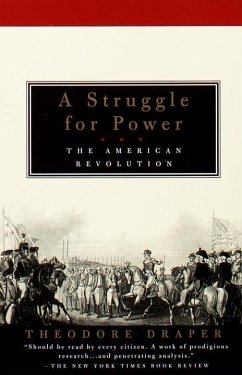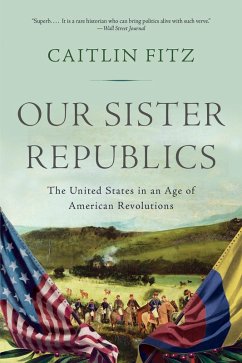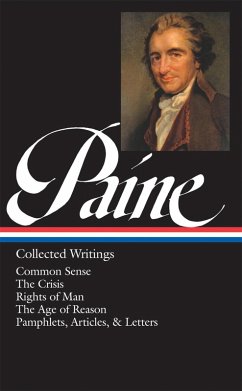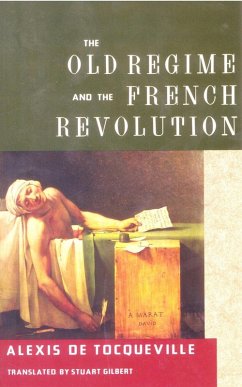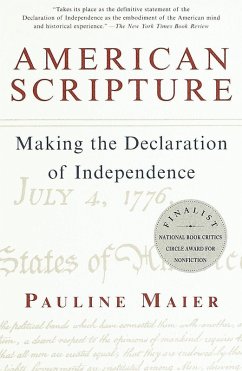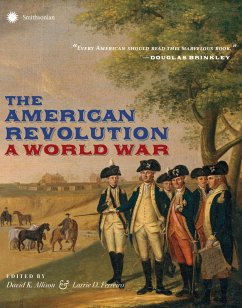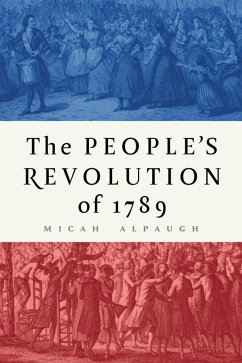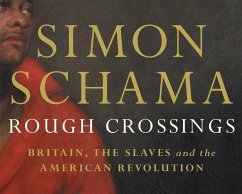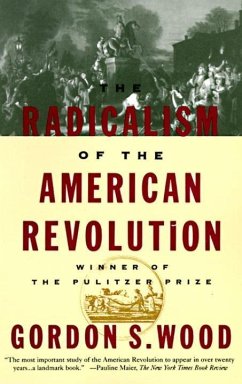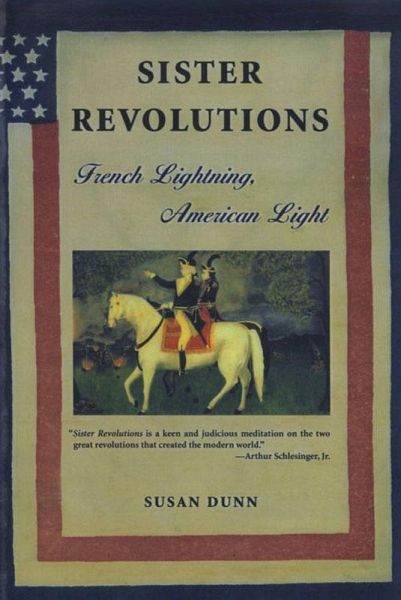
Sister Revolutions (eBook, ePUB)
French Lightning, American Light
Versandkostenfrei!
Sofort per Download lieferbar
5,99 €
inkl. MwSt.
Weitere Ausgaben:

PAYBACK Punkte
3 °P sammeln!
"A keen and judicious meditation on the two great revolutions that created the modern world-what they had in common and where and why they diverged." -Arthur Schlesinger, Jr., Pulitzer Prize-winning authorIn 1790, the American diplomat and politician Gouverneur Morris compared the French and American Revolutions, saying that the French "have taken Genius instead of Reason for their guide, adopted Experiment instead of Experience, and wander in the Dark because they prefer Lightning to Light." Although both revolutions professed similar Enlightenment ideals of freedom, equality, and justice, t...
"A keen and judicious meditation on the two great revolutions that created the modern world-what they had in common and where and why they diverged." -Arthur Schlesinger, Jr., Pulitzer Prize-winning author
In 1790, the American diplomat and politician Gouverneur Morris compared the French and American Revolutions, saying that the French "have taken Genius instead of Reason for their guide, adopted Experiment instead of Experience, and wander in the Dark because they prefer Lightning to Light." Although both revolutions professed similar Enlightenment ideals of freedom, equality, and justice, there were dramatic differences. The Americans were content to preserve many aspects of their English heritage; the French sought a complete break with a thousand years of history. The Americans accepted nonviolent political conflict; the French valued unity above all. The Americans emphasized individual rights, while the French stressed public order and cohesion.
Why did the two revolutions follow such different trajectories? What influence have the two different visions of democracy had on modern history? And what lessons do they offer us about democracy today? In a lucid narrative style, with particular emphasis on lively portraits of the major actors, Susan Dunn traces the legacies of the two great revolutions through modern history and up to the revolutionary movements of our own time. Her combination of history and political analysis will appeal to all who take an interest in the way democratic nations are governed.
"Stimulating and provocative . . .shows not only how the French and American experiments developed but also why their differing examples have continued to beguile leaders." ¿Paul Gray, Time
In 1790, the American diplomat and politician Gouverneur Morris compared the French and American Revolutions, saying that the French "have taken Genius instead of Reason for their guide, adopted Experiment instead of Experience, and wander in the Dark because they prefer Lightning to Light." Although both revolutions professed similar Enlightenment ideals of freedom, equality, and justice, there were dramatic differences. The Americans were content to preserve many aspects of their English heritage; the French sought a complete break with a thousand years of history. The Americans accepted nonviolent political conflict; the French valued unity above all. The Americans emphasized individual rights, while the French stressed public order and cohesion.
Why did the two revolutions follow such different trajectories? What influence have the two different visions of democracy had on modern history? And what lessons do they offer us about democracy today? In a lucid narrative style, with particular emphasis on lively portraits of the major actors, Susan Dunn traces the legacies of the two great revolutions through modern history and up to the revolutionary movements of our own time. Her combination of history and political analysis will appeal to all who take an interest in the way democratic nations are governed.
"Stimulating and provocative . . .shows not only how the French and American experiments developed but also why their differing examples have continued to beguile leaders." ¿Paul Gray, Time
Dieser Download kann aus rechtlichen Gründen nur mit Rechnungsadresse in D ausgeliefert werden.




